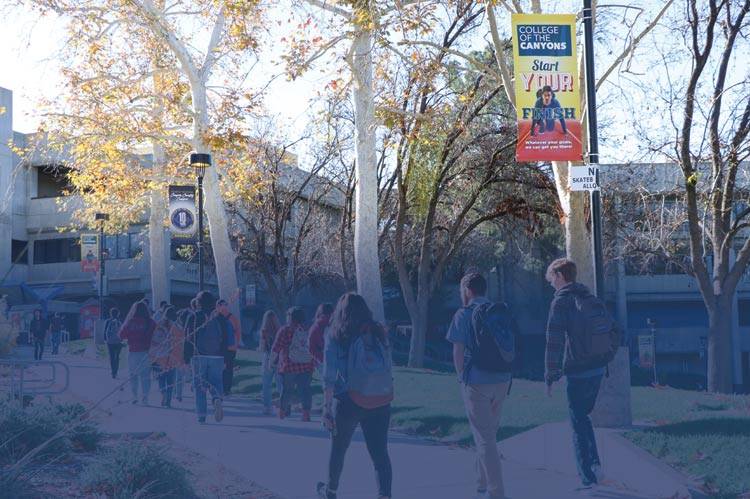Student Learning Outcomes
SLO Assessment Cycle
(E means evaluate the data. R means report the data to the department.)
| Course | FA 2021 | SP 2022 | FA 2022 | SP 2023 | FA 2023 | SP 2024 | FA 2024 | SP 2025 |
|---|---|---|---|---|---|---|---|---|
| Math 100 | Assess | E & R | ||||||
| Math 102/102X | Assess | E & R | ||||||
| Math 103/103X | Assess | E & R | ||||||
| Math 104/104X | E & R | Assess | E & R | |||||
| Math 130 | Assess | E & R | ||||||
| Math 140/140H/140X | Assess | E & R | ||||||
| Math 211 | Assess | E & R | ||||||
| Math 212 | E & R | E & R | Assess | |||||
| Math 213 | Assess | E & R | E & R | Assess | ||||
| Math 214 | Assess | E & R or Assess | Assess | Assess | E & R | |||
| Math 215 | E & R? | Assess | E & R | |||||
| Math 240 | Assess | Assess or E & R |
These are the student learning outcomes for our classes.
| Course | Student Learning Outcomes |
|---|---|
| Math 100: Liberal Arts Mathematics | Apply mathematical strategies to solve real-world problems in society, politics, and the arts. |
| Math 102X: Trigonometry with Support |
|
| Math 102: Trigonometry | Define the six trigonometric functions and analyze them through graphing, proving identities, and solving equations. |
| Math 103X: College Algebra with Support |
|
| Math 103: College Algebra | Analyze and graph polynomial, rational, logarithmic, and exponential functions. |
| Math 104X: Precalculus with Support |
|
| Math 104:Precalculus |
|
| Math 130: Math For Elementary School Teachers | Analyze and explain various algorithms for the four basic operations of addition, subtraction, multiplication and division to the sets of whole numbers, integers and rational numbers. |
| Math 140X: Support for Introductory Statistics |
|
| Math 140/140H:Introductory Statistics |
|
| Math 211:Calculus I | Analyze and solve problems using elementary derivatives and integrals. |
| Math 212: Calculus II | Select and apply appropriate techniques of integration and/or tests for convergence of infinite series. |
| Math 213: Calculus III |
|
| Math 214: Linear Algebra |
|
| Math 215:Differential Equations | Apply a variety of techniques to solve differential equations with and without initial values. |
| Math 240: Mathematical Analysis for Business and Social Science | Solve problems related to business and social sciences using elementary derivatives and integrals. |

